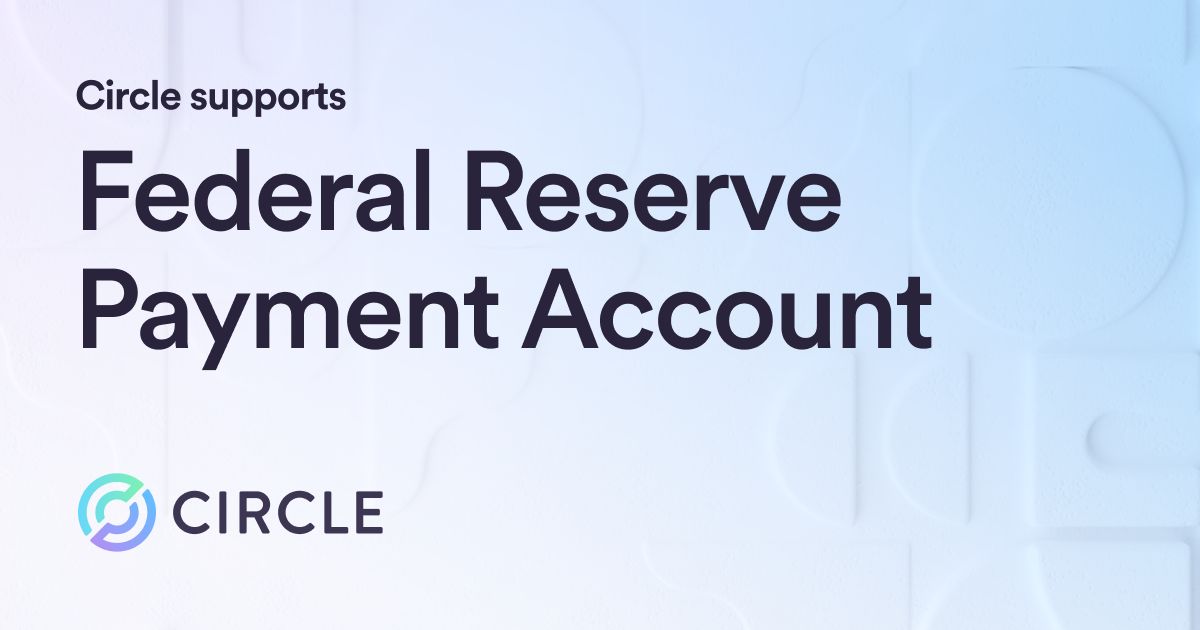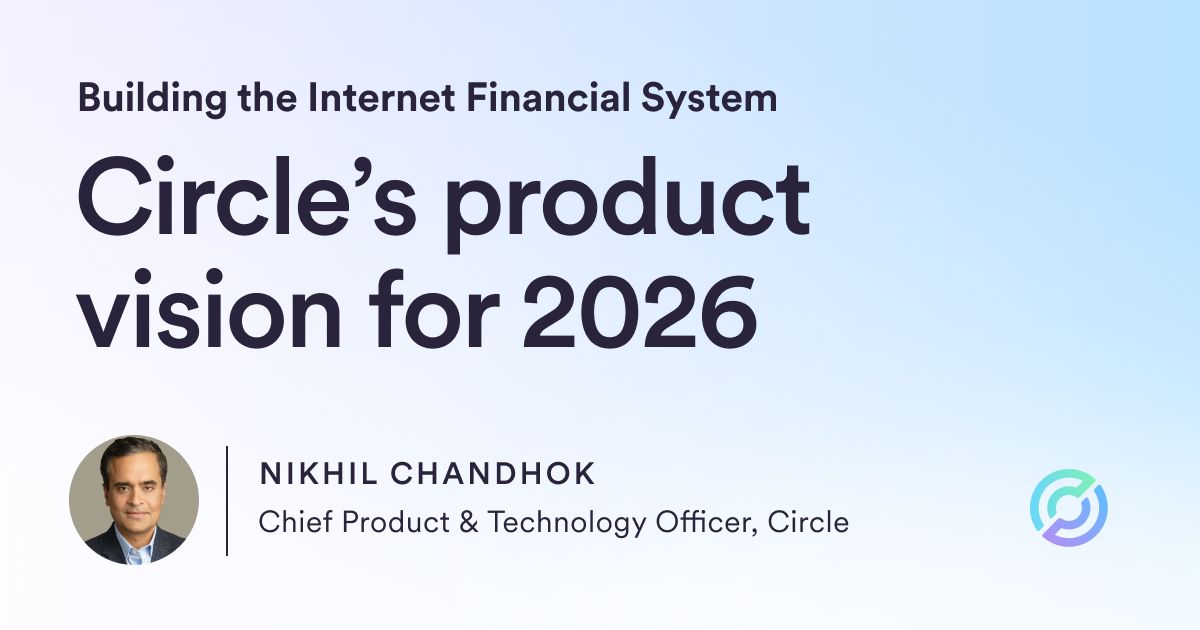Circle encourages the Bank of England to fully investigate whether a consumer-facing digital pound is needed and advocates for well-regulated privately issued payment stablecoins.

Circle recently responded to the Bank of England’s consultation paper discussing the Bank’s objectives and proposals for a UK Central Bank Digital Currency (CBDC), or a “digital pound”. In its response, Circle noted that well-regulated, privately-issued payment stablecoins can and are fulfilling the need for digital forms of money in the 21st century.
Like many advanced economies, including the European Union, the United Kingdom’s central bank is considering research and design proposals for a possible CBDC to bring tokenization to public money, like cash. The Bank of England is considering a retail CBDC that would directly face consumer end users, with private companies providing digital wallet systems for storage and transaction services.
Circle noted that many of the potential uses of a UK retail CBDC are currently being satisfied by digital currency innovations like USDC and EUROC, which have strong and growing integrations with traditional merchant payments, card networks, and peer-to-peer transactions. Circle urged the Bank of England to work with its counterparts in the UK government, such as HM Treasury, and with other financial regulators, such as the Financial Conduct Authority, to create a robust and comprehensive regulatory regime for payment stablecoins in the wake of the passage of the Financial Services and Markets Bill, which recognizes a standard for payment stablecoins for the first time in UK law.
Circle requested additional clarity from the Bank about how the proposed “public-private partnership” model for digital wallet technologies would function in practice for a possible digital pound, and asked for a clearer understanding of the roles that banks and non-bank institutions would play in the storage and uses of a retail CBDC. Circle also noted that any potential digital wallet solution for a retail CBDC should also take into account other forms of money, such as commercial bank deposits, or a payment stablecoin that a consumer end-user or merchant may wish to hold and transact with.
In its consultation paper, the Bank of England has proposed initial limits for the total amount of digital pounds that a person or entity could hold in a digital wallet, and remarked that the vast majority of Britons could receive their pay packets in digital pounds sent directly to digital wallets. Circle cautioned against the idea of overall limits on the holding of digital forms of money, noting that limits could curtail such an instrument’s usefulness as a store of value and means of exchange. Circle also commented that the Bank’s proposals for how a digital pound might be used could displace the flows of traditional commercial bank deposits, which many financial institutions depend on for credit creation.
Instead, Circle urged the Bank of England to fully consider the ways in which payment stablecoins can be better integrated as a digital token within the UK regulatory system and commercial market to facilitate innovative, low-cost, and high-efficiency consumer and merchant payments. Circle noted that payment stablecoins can enable secure and frictionless payments, without the need for significant government investment into novel financial infrastructure, and preserve the critical “air-gap” between the central bank and financial services provision and intermediation in the UK economy.






